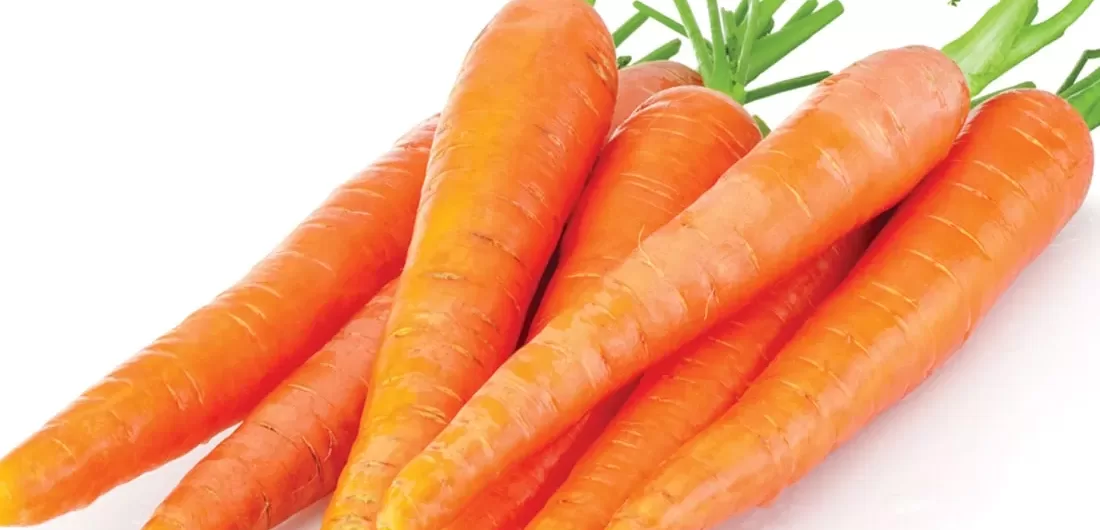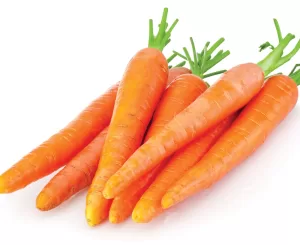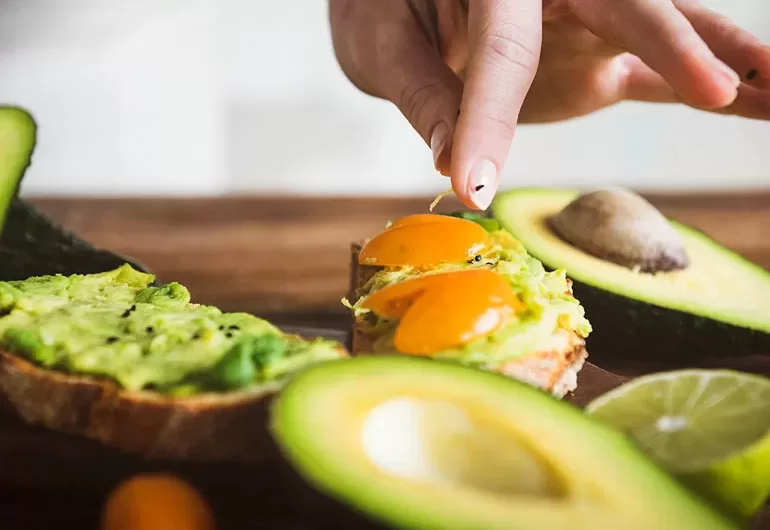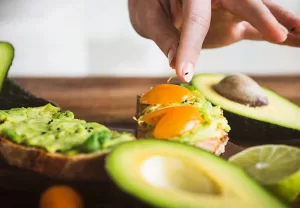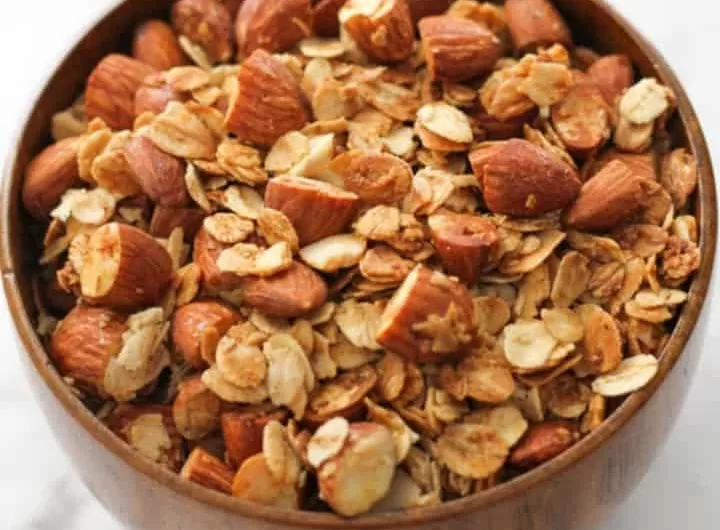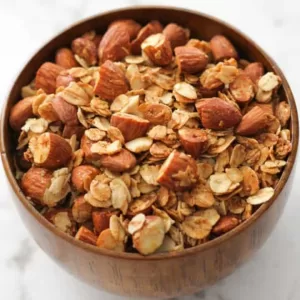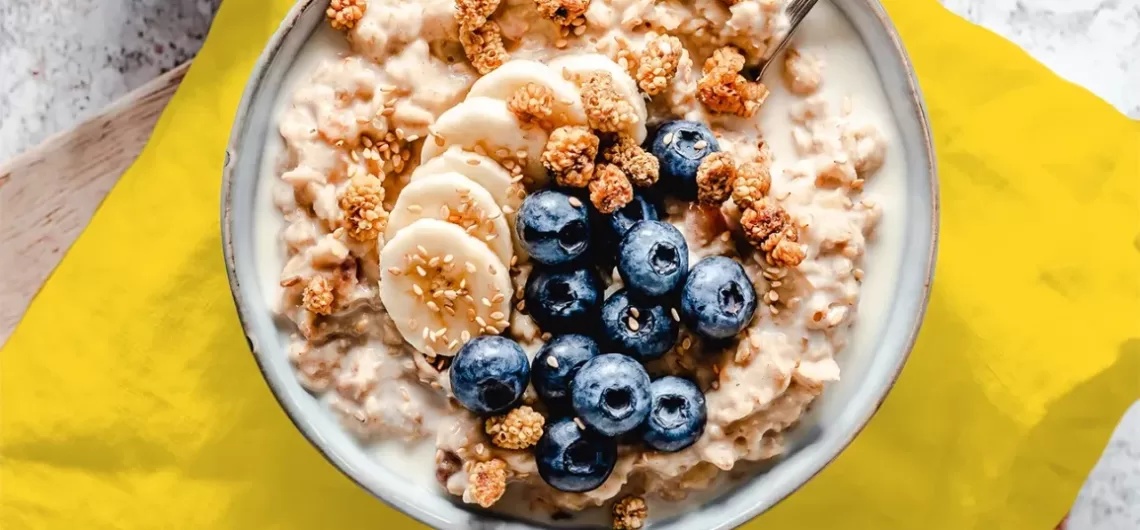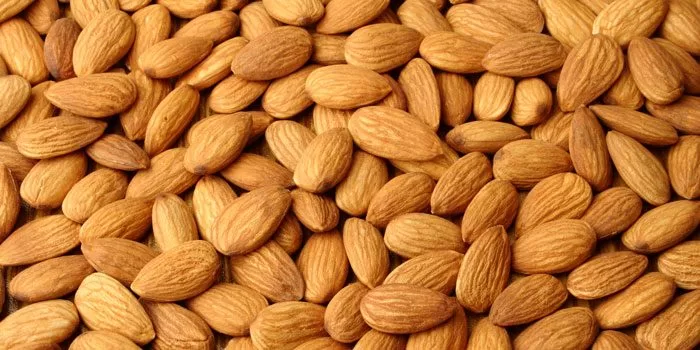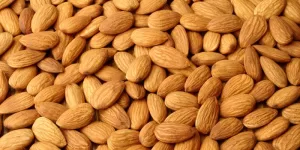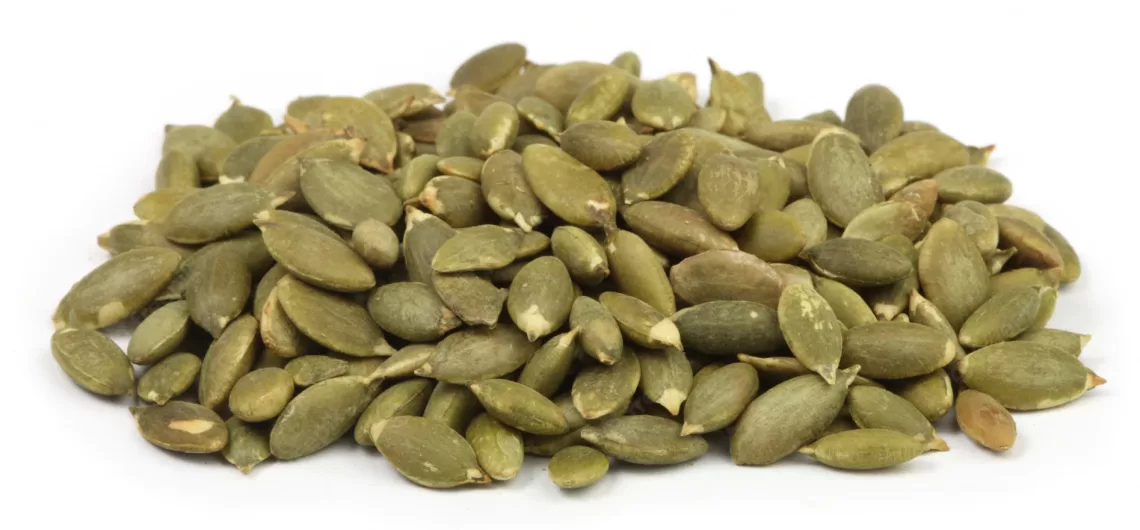Basil Overview
Basil is a culinary herb that belongs to the mint family (Lamiaceae). People cultivate it worldwide now, but it is native to tropical regions of central Africa and Southeast Asia. People use it as a popular herb in many cuisines, including Italian, Thai, and Vietnamese.

The plants grow up to 12-24 inches (30-60 cm) tall and their leaves are green, oval-shaped, pointed, and slightly serrated at the edges. The leaves have a strong aroma and a sweet, slightly peppery flavor.
There are many different varieties of basil, each with its own unique flavor and appearance. Some popular types of basil include sweet basil, Thai basil, lemon , and holy basil.
Uses
Many people use it, also known as sweet basil, in various culinary and medicinal applications. Here are some of the most common uses.
Culinary uses: Commonly used as a flavorful herb in cooking. It adds a distinctive aroma and flavor to a wide variety of dishes, including pasta, pizza, soups, salads, and sauces.
People use the leaves of basil to make a fragrant and refreshing herbal tea, which they can enjoy hot or cold. They also use it as a natural remedy for digestive issues, headaches, and other health concerns.
Aromatherapists often use the essential oil of basil to promote relaxation and ease stress. They diffuse it into the air or add it to bathwater to create a relaxing and rejuvenating experience.
In traditional medicine, people have used basil for a long time to treat coughs, colds, and other respiratory issues, as well as digestive problems, headaches, and anxiety.
People also use the leaves to make a natural insect repellent because they believe the strong scent of the herb deters mosquitoes and other pests. It has become a popular choice for outdoor gatherings and camping trips.
Overall, Is a versatile herb with a wide range of uses in cooking, medicine, and other areas.
Healthy Benefit
Researchers have shown that basil, an aromatic herb commonly used in cooking and traditional medicine, offers numerous health benefits.
- Anti-inflammatory properties: It contains compounds that can help reduce inflammation in the body, which may be beneficial for conditions such as arthritis and inflammatory bowel disease.
- Antioxidant activity: Is rich in antioxidants, which can help protect cells from damage caused by free radicals and may reduce the risk of chronic diseases such as cancer and heart disease.
- Anti-bacterial properties: It has been shown to have antimicrobial properties, which can help fight against harmful bacteria such as Salmonella and Listeria.
- Improved digestion: It may help improve digestion and reduce symptoms such as bloating, gas, and constipation.
- Stress relief: Has been traditionally used for its calming effects and may help reduce stress and anxiety.
- Blood sugar regulation: May help regulate blood sugar levels, making it potentially beneficial for individuals with diabetes.
- Cardiovascular health: Has been shown to have potential benefits for heart health, including reducing cholesterol levels and improving blood flow.
Overall, incorporating basil into your diet may provide a range of health benefits, in addition to adding flavor and aroma to your meals.



